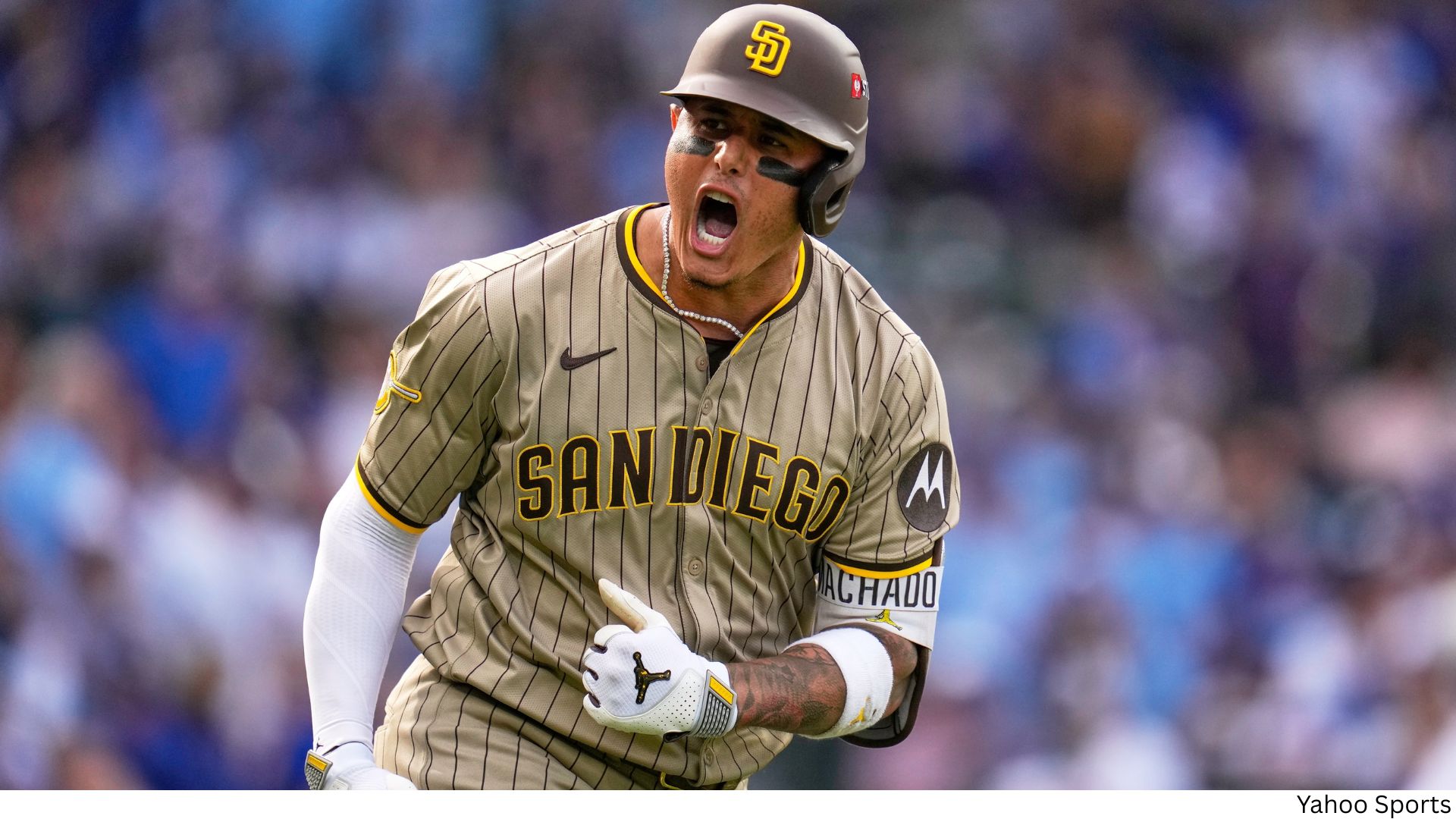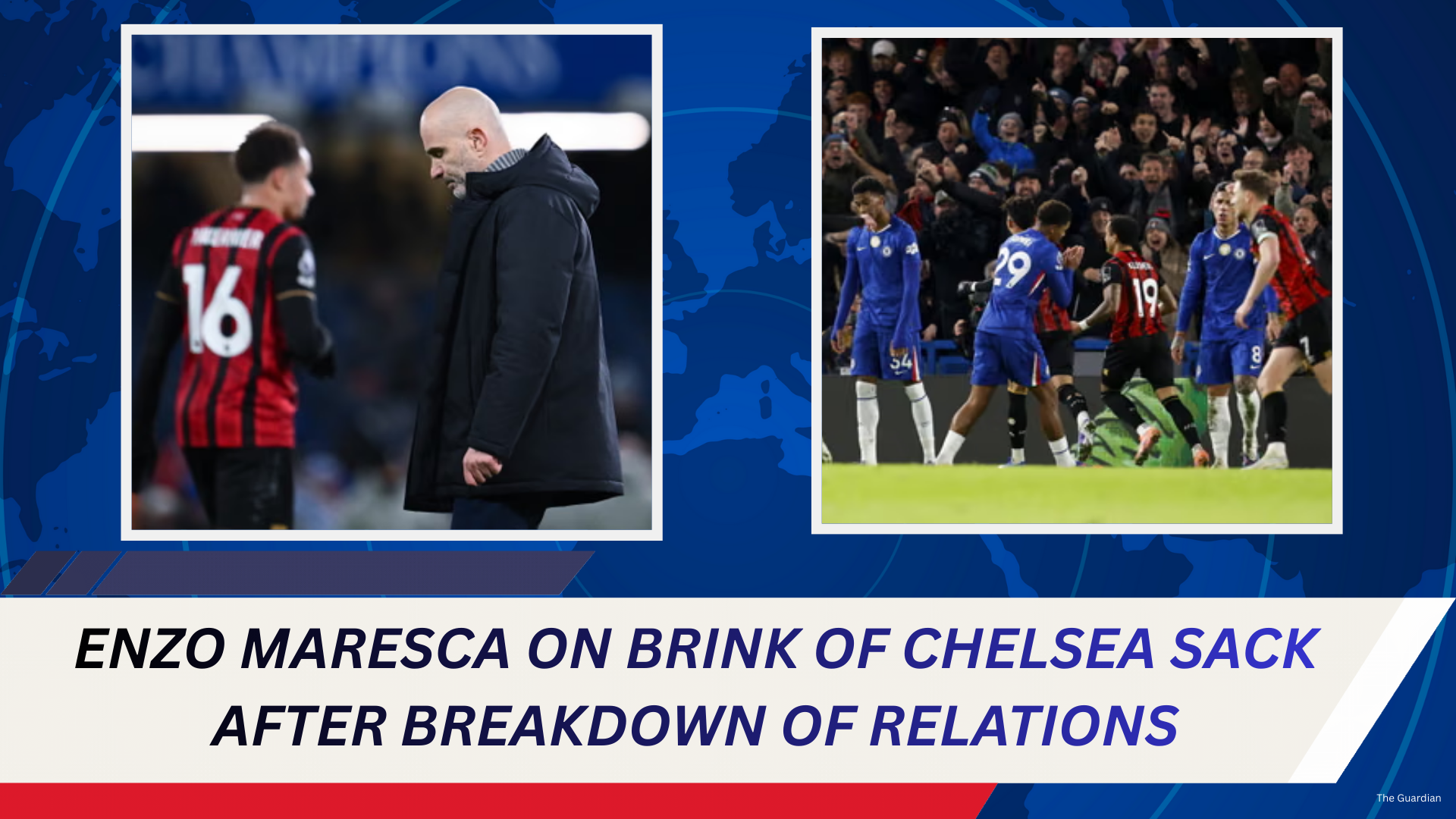Jazz Chisholm Jr.’s Emotions Spill Over After Wild-Card Lineup Snub
Jazz Chisholm Jr. has never been one to hide his emotions. His energy, confidence, and fiery personality have made him one of the most recognizable players in baseball. But that same passion was on full display this week when the Yankees opened their wild-card series against the Boston Red Sox — and Chisholm was left out of the starting lineup for Game 1.
The Yankees opted for a right-handed-heavy lineup against dominant Red Sox lefty Garrett Crochet, which meant Amed Rosario got the nod at second base instead of Chisholm. José Caballero also started at third, with the Yankees prioritizing defense behind ace Max Fried. While Chisholm eventually entered the game late as a defensive replacement, the decision to bench him sent a clear message about the Yankees’ strategy — and sparked a wave of emotions from the star second baseman.
After the Yankees fell 3–1 in Game 1, Chisholm faced reporters, but he spent most of the brief two-minute media scrum with his back turned to the cameras. Though he tried to say the right things — repeating that “the Yankees got to do whatever we got to do to win” — his dissatisfaction was obvious. Normally one of the most talkative and charismatic voices in the clubhouse, Chisholm was visibly upset, struggling to hide his disappointment.
Manager Aaron Boone, however, was not concerned about whether Chisholm smiled through the frustration. Boone made it clear that what mattered most was how Chisholm responded once he was back in the lineup.
“I don’t need him to put a happy face on it right now,” Boone said before Game 2 on Wednesday. “I need him to go play his tail off, which I know he’s going to do. Hopefully he can help us, do his thing, and impact us winning a game.”
The Decision Behind the Lineup
The Yankees’ strategy in Game 1 was centered on giving themselves the best matchup against Crochet. The Red Sox southpaw has dominated left-handed hitters all season, and Boone leaned on right-handed bats to neutralize his arsenal. Rosario, who has consistently hit lefties well, got the start at second base, while Goldschmidt — another righty — replaced Ben Rice at first. Austin Wells remained behind the plate to catch Fried, as he had for most of the regular season.
Boone explained that it was not a matter of losing faith in Chisholm but rather a tactical decision. “Obviously, he’s not the most vanilla guy,” Boone said of Chisholm’s reaction. “He’s going to wear his emotions on his sleeve sometimes. Not the way I would go about it, but that’s who he is.”
Chisholm claimed that he first heard about the possibility of being benched in a text message from Boone on Monday night. Boone countered that he spoke to Chisholm in his office that same evening, letting him know he was considering leaving him out of the Game 1 lineup. Regardless of how the message was delivered, the result was the same — Chisholm was sidelined, and the Yankees dropped the opener.
Chisholm’s Role in Game 1
Though benched at the start, Chisholm did appear in the late innings. He entered in the eighth as a defensive replacement, a move that was designed to give the Yankees more range up the middle once Red Sox right-handed relievers began to take over. Boone anticipated Boston inserting more left-handed pinch hitters, and he valued Chisholm’s defensive skill set at second base.
The decision nearly paid off, but it also drew criticism. In the ninth inning, with the Yankees trailing 3–1, Chisholm came up to the plate with the bases loaded against Aroldis Chapman. He had a chance to be the hero, but instead flied out, ending the Yankees’ rally and sealing the Red Sox victory.
Meanwhile, Rosario — the player Chisholm had replaced defensively — never got the chance to bat against Chapman, against whom he had strong career numbers. Boone admitted after the game that second-guessing that decision weighed on him.
“That’s a very fair question,” Boone said when asked if he should have left Rosario in. “That is the challenge. The inning before, the ball’s starting to go over there [to second base], and just the range, and knowing some more lefties are going to be in the lineup at that point with our righties in the game. Just kind of wanted him in there. But fair point.”
Moving Forward
Despite the disappointment of Game 1, Chisholm returned to the starting lineup in Game 2 against Boston right-hander Brayan Bello. Boone made it clear that his confidence in Chisholm’s talent has not wavered. “I need him to go play his tail off,” Boone said again. “That’s what Jazz does. He impacts the game.”
Chisholm’s return will be crucial for the Yankees, especially after a 30–30 regular season in which he proved he could be one of the most dynamic players in the league. His combination of speed, power, and defensive range makes him a game-changer, but his emotional fire is just as much a part of who he is. For better or worse, Chisholm wears everything on his sleeve — and his reaction to being benched showed that side of him once again.
The Yankees, meanwhile, are still searching for the right formula in this postseason run. Boone’s decisions in Game 1 — sitting Chisholm and Rice, pulling Fried after 102 pitches despite a shutout, and not pinch-running for Goldschmidt — will continue to be debated. But in the end, what matters most is how the team bounces back.
For Chisholm, the message is simple: put the frustration behind him, get back on the field, and show why he is one of the most electric players in baseball. And for the Yankees, his energy and impact could be the difference in whether they advance deeper into October or fall short of their championship goals.
%20(4).png)




.png)

.png)
.png)
